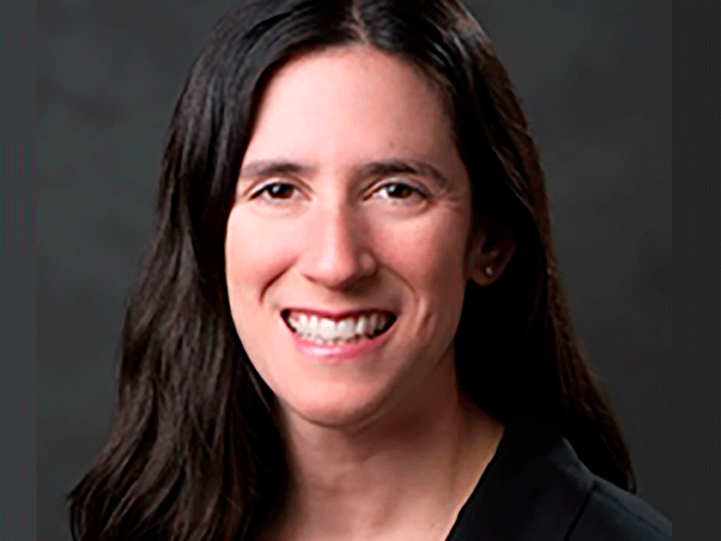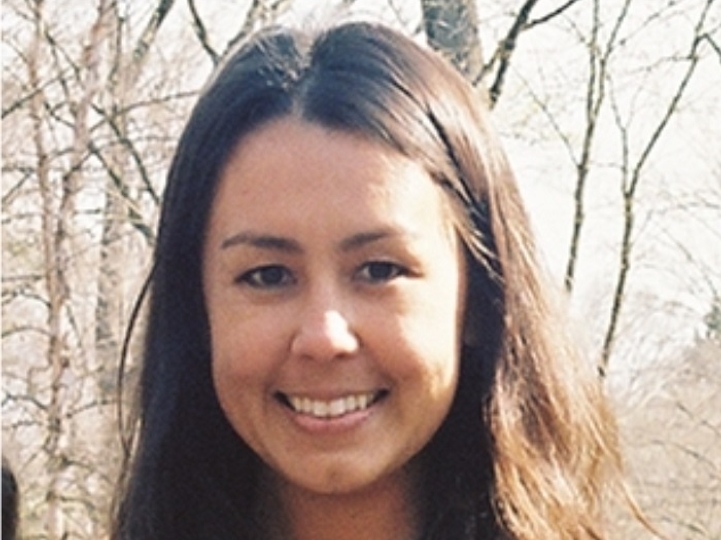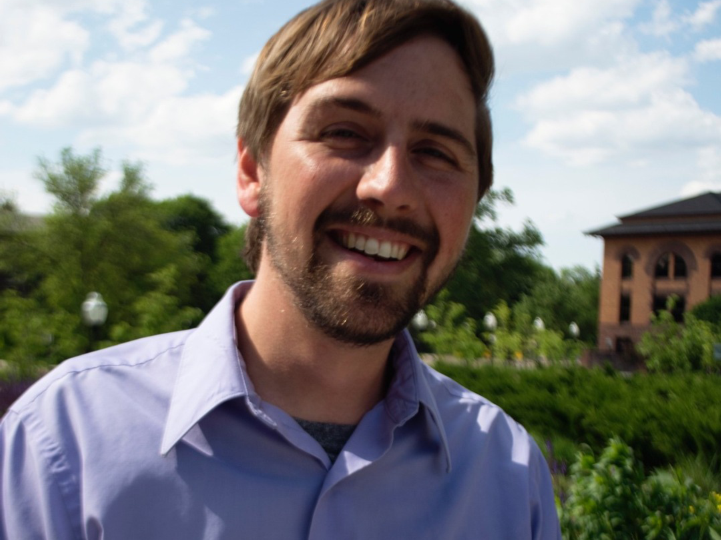
"The Emerging Critical Religious Studies Lens in Higher Education": A Special Issue of the Journal of College & Character
November 16, 2021
Critical Religious Studies in Higher Education: An Ongoing Column in JCC Connexions
This edition of my recurring column coincides with the publication of an exciting special issue of Journal of College & Character titled “The Emerging Critical Religious Studies Lens in Higher Education,” for which I served as one of three co-editors. Readers of the issue can begin with an introduction to the issue written by myself, Dr. Sachi Edwards, and Dr. J. Cody Nielsen, in which we describe all of the thoughtful articles contained within and how they come together around the exciting new theoretical area we call “critical religious studies.” Instead of reiterating any of that material in this column, I write today about our goals for bringing together this group of authors and also, why we three are personally motivated to think and write about critical religious studies. I asked Dr. Edwards and Dr. Nielsen to share their personal thoughts on the topic:
Dr. Sachi Edwards: The Need to Build Community Among Scholars
Each of us—separately, through our own research and experiences—came to two important realizations about the field of higher education. The first is that the critical frameworks we use to talk about other social identity categories and systems of oppression are not wholly and directly applicable to RSSI [religious, secular, and spiritual identities] and Christian  supremacy/privilege. The second is that those of us who are trying to raise critical perspectives on this topic, or apply critical frameworks from other fields of study, are not “loud” enough to make a sufficient impact on the field. While the three of us have collectively published quite a bit on this topic on our own, we felt the need to build more community among scholars thinking in this way, and to put together something more comprehensive to demonstrate the importance and value of this topic. Of course, more work needs to be done beyond this special issue, but we are happy to share this with the field, and hope to do more of this kind of work in the future. – Dr. Sachi Edwards
supremacy/privilege. The second is that those of us who are trying to raise critical perspectives on this topic, or apply critical frameworks from other fields of study, are not “loud” enough to make a sufficient impact on the field. While the three of us have collectively published quite a bit on this topic on our own, we felt the need to build more community among scholars thinking in this way, and to put together something more comprehensive to demonstrate the importance and value of this topic. Of course, more work needs to be done beyond this special issue, but we are happy to share this with the field, and hope to do more of this kind of work in the future. – Dr. Sachi Edwards
Dr. J. Cody Nielsen: Bringing Together Voices
When I first encountered the reality of religious marginalization and the impact on campus, I was working at the University of Minnesota. One of the largest institutions of higher education in the United States, the University of Minnesota, sits in one of the most religious diverse areas of the United States, partially due to large refugee populations. Hindu, Sikh, Buddhist, Baháʼí,  Muslim, and Jewish populations are all prominent within the Twin Cities, and the campus as well has significant RSSI diversity. From that experience has come work over the last 10 years which highlights the systemic and structural issues within higher education of religious marginalization. But that work cannot be done in the void. Scholars from across higher education are continuously moving toward a critical lens on RSSIs. By having this special issue, we bring together some of those voices and go deeper in our understanding and our independent experiences. While no one special topics issue can achieve the goal to transform the field, we each as scholars feel that we must build the momentum toward greater engagement with RSSIs throughout higher education. I for one am grateful to be a part of that movement and look forward to continued advancement alongside my colleagues. – Dr. J. Cody Nielsen
Muslim, and Jewish populations are all prominent within the Twin Cities, and the campus as well has significant RSSI diversity. From that experience has come work over the last 10 years which highlights the systemic and structural issues within higher education of religious marginalization. But that work cannot be done in the void. Scholars from across higher education are continuously moving toward a critical lens on RSSIs. By having this special issue, we bring together some of those voices and go deeper in our understanding and our independent experiences. While no one special topics issue can achieve the goal to transform the field, we each as scholars feel that we must build the momentum toward greater engagement with RSSIs throughout higher education. I for one am grateful to be a part of that movement and look forward to continued advancement alongside my colleagues. – Dr. J. Cody Nielsen
Dr. Jenny L. Small: Critical Religious Lenses and Social Justice Efforts
In addition to agreeing with what my colleagues have said, I will share that I (and many of our fellow authors) feel a deep, personal connection with the work of dismantling Christian supremacy through the use of critical religious frameworks. For me, that connection comes from my personal religious identity and the experiences I have had throughout my life of being marginalized. That personal connection held by many is both a strength and a weakness within the burgeoning critical religi ous studies field. The reasons it is a strength are many and obvious: my passion keeps me motivated; my experiences inform me on the topics upon which research is needed; I remain committed for the long haul. But the weakness is also important to recognize: because the field is—mostly, not entirely—made up of people who feel some personal motivation to examine RSSIs using a critical lens, the size of our movement is limited.
ous studies field. The reasons it is a strength are many and obvious: my passion keeps me motivated; my experiences inform me on the topics upon which research is needed; I remain committed for the long haul. But the weakness is also important to recognize: because the field is—mostly, not entirely—made up of people who feel some personal motivation to examine RSSIs using a critical lens, the size of our movement is limited.
I therefore hope that the “The Emerging Critical Religious Studies Lens in Higher Education” special issue draws more readers in to this important topic. Beyond sharing the important research and concepts the editors and authors have written about within the articles, I believe the publication of the special issue itself is an important signal that critical religious lenses are a necessary part of social justice efforts within higher education and society at large. They must be taken seriously by everyone, even those who do not feel a personal connection to the topic. And to those who do feel a personal connection, but have thus far only considered identity-related aspects of research (i.e., asking what students from different RSSIs believe), I invite you to begin examining the power-based structures of religious privilege and marginalization.
If you are interested in learning more, in discussing areas of research or practice that might be influenced by critical religious frameworks, or in connecting with other scholars and practitioners in the field who are a part of the Critical Religious Studies in Higher Education (CRSHE) network, please reach out to me at [email protected]. I look forward to more readers of Journal of College & Character becoming part of the movement.